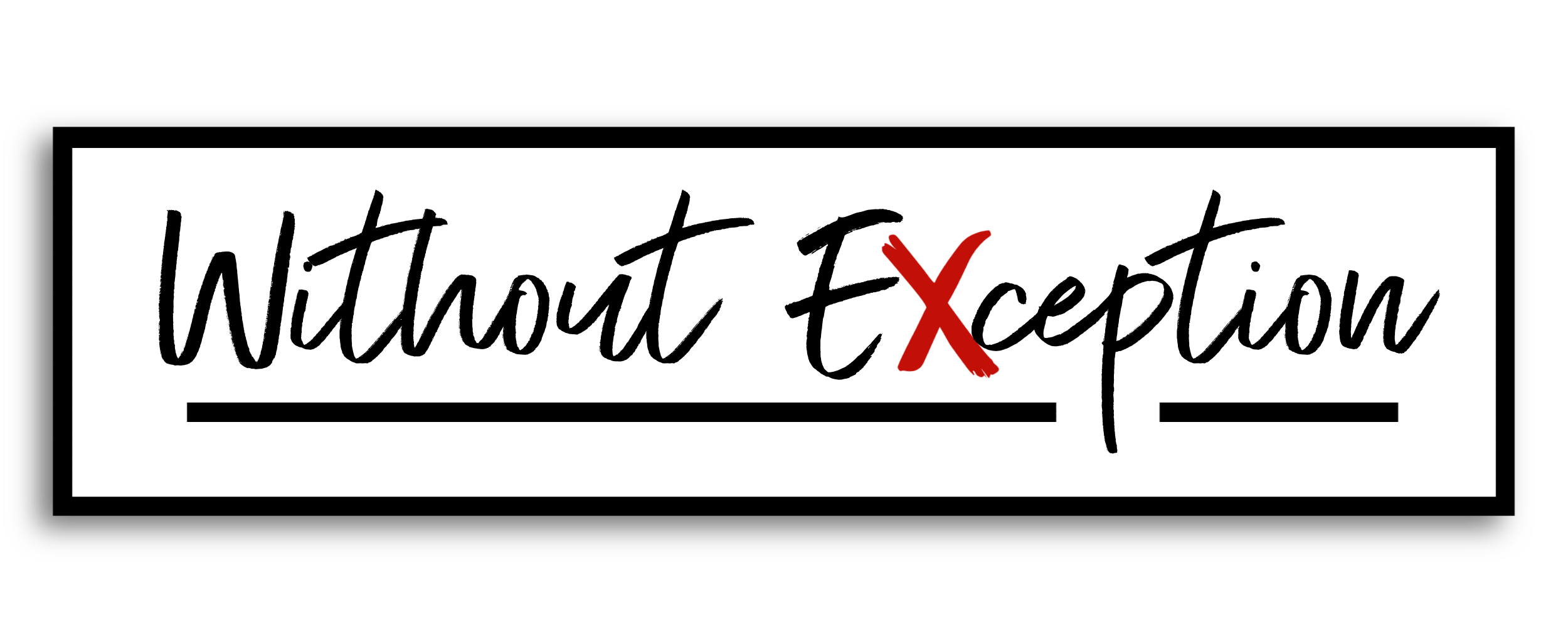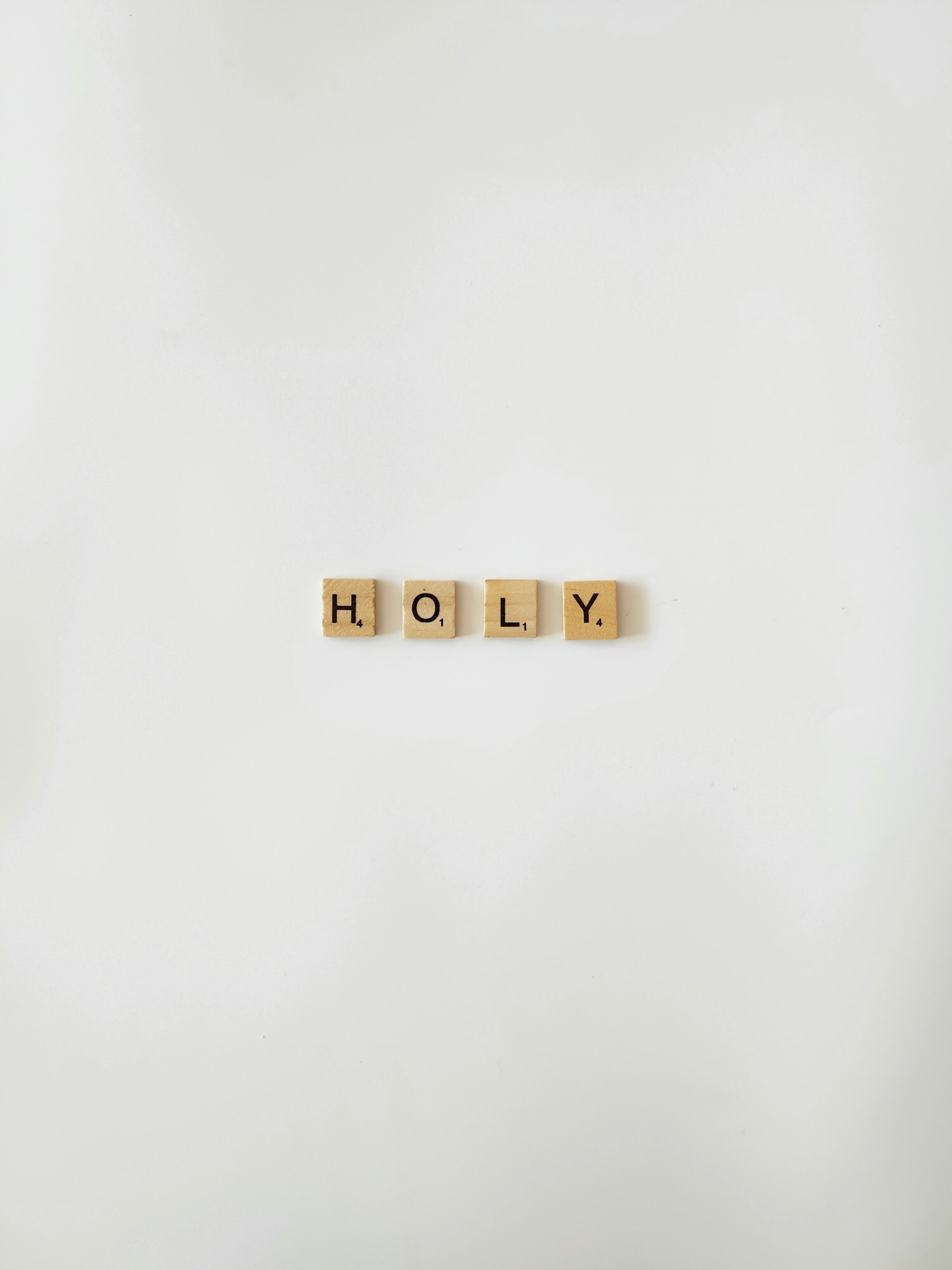The Scripture in many places presents a picture of God being holy. In Isaiah’s visionary commission to ministry, he saw seraphim around the throne crying out, “Holy, holy, holy is the LORD of hosts; the whole earth is full of his glory!” (Is. 6:3). Holy is repeated three times for emphasis. The Lord God Almighty isn’t just holy, but He is holy, holy, holy. He is as holy as can be, He’s the very definition of holiness! It’s the sum total of His nature.
The word holy has the idea not only of moral purity, but of separateness. Something that is distinct from that which is common. God is perfect in all of His ways. He is utterly and completely sinless and without fault and has maintained this record from all eternity past! He is holy in His nature, He’s never erred, He’s never made a mistake. This is the God whom we serve, and when God calls people to Himself, He desires that we be holy as He is holy (see 1 Pet. 1:15-16; Lev. 11:44). He wants us to be morally pure in our actions but in a way that separates us from those whose lives aren’t dedicated to Him. That we live with a sense of consecration.
Beyond His people generally, in the Old Testament with the tabernacle and the temple there was a lot of ritual regarding holiness. It included not only the priests who were holy, or consecrated to God’s service, but also things that were holy within the place of worship. This is the necessary background for the problem that was found in Ezekiel’s time.
There was a lack of reverence for God that was displayed when the people no longer distinguished between the holy from the common. A criticism comes from the Lord through the prophet concerning priests who would admit, “foreigners, uncircumcised in heart and flesh, to be in my sanctuary, profaning my temple” (44:7). They didn’t keep the charge of God’s holy things (44:8). They didn’t live in a way that reflected the holiness of God, His institutions, or His order in the temple. These priests would face judgment by being removed from their normal service. Yet, there were those who were faithful. Those who were of the lineage of Zadok, and they were then expected to teach, “my people the difference between the holy and the common and show them how to distinguish between the unclean and the clean” (44:23).
The priests and the people had lost sight of the holiness of God and the sense that they ought to reverence Him and His institutions. The people had become nonchalant about these things. They didn’t follow God’s ways. They didn’t respect what God had ordained. They treated that which was holy casually and with indifference.
I wonder how often we find ourselves falling prey to this as new covenant believers? God is still a holy God. He still cares about consecration unto Himself. He desires to see it in our lives. He desires to see it in our churches. Truly we are a “holy nation” unto Him (1 Pet. 2:9). But how often do we let these things slip? We come to church casually. We take communion casually. We worship casually. We hear God’s Word casually. We address Him in prayer casually.
We must remember that He is the holy God, the Creator of Heaven and Earth and nothing we do for Him should be treated casually. We might be able to come with boldness and confidence to His throne of grace through our Lord Jesus (see Heb. 4:15-16) but we shouldn’t come casually and with indifference. He is holy and we ought to treat Him and His institutions as such with incredible reverence.


Leave a Reply